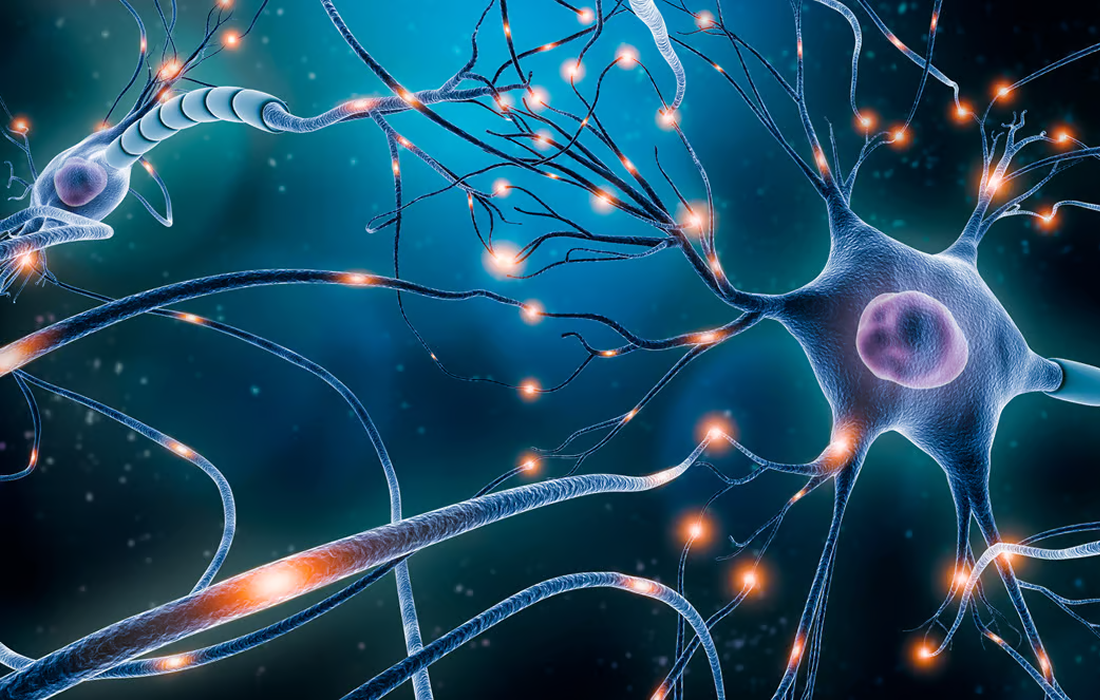In recent decades, the prevalence of type 2 diabetes has increased dramatically. We refer to insulin sensitivity, insulin secretion, and insulin clearance as components of “insulin homeostasis,” given that these traits encompass action, production, and removal of insulin. Dysfunction in insulin sensitivity and insulin secretion underlie the development of type 2 diabetes. The role of […]
Author Archives: Gabriel Piña, MD
Florida State University College of Medicine researchers have linked aspartame, an artificial sweetener found in nearly 5,000 diet foods and drinks, to anxiety-like behavior in mice. Along with producing anxiety in the mice who consumed aspartame, the effects extended up to two generations from the males exposed to the sweetener. The study is published in […]
Sudden cardiac arrest, occurring in the setting of impaired cardiac function and structural heart disease that lead to ventricular tachycardia (VT) and ventricular fibrillation, is a leading cause of death in the world. Implantable cardioverter defibrillators improve survival in at-risk populations at the cost of reduced quality of life from shocks and potential for worsening […]
A Centers for Disease Control and Prevention’s 2022 National Center for Health Statistics report indicates that pregnancy-related mortality in the United States has been on the increase steadily over the past 30 years, with significant disparities by race and maternal age. Adverse pregnancy outcomes (APOs) are leading factors associated with maternal morbidity and mortality, underscoring […]
New research from the University of Virginia School of Medicine speaks to the benefits of a COVID-19 booster. The new findings shed light on how mRNA boosters, both Pfizer and Moderna, affect the durability of our antibodies to COVID-19. A booster, the researchers report, made for longer-lasting antibodies for all recipients, even those who have […]
Finding and implementing preventive measures that can slow down the aging process is currently recognized as a major challenge of preventive medicine to combat the epidemic of age-dependent chronic diseases that is emerging as a result of a rapidly aging world population. Disparities in the pace of biological aging are already detectable at midlife indicating […]
Some species of gut-dwelling bacteria activate nerves in the gut to promote the desire to exercise, according to a study in mice that was led by researchers at the Perelman School of Medicine at the University of Pennsylvania. The study was published today in Nature, and reveals the gut-to-brain pathway that explains why some bacteria […]
Multiple Sclerosis (MS) is a chronic inflammatory, autoimmune, and neurodegenerative disease of the central nervous system (CNS). MS affects approximately 2.5 million people worldwide. High prevalence of MS is seen in northern parts of Europe and North America. Multiple sclerosis (MS) is a potentially disabling disease of the brain and spinal cord (central nervous system). […]
Homocysteine (Hcy) is an important amino acid in your blood that helps create proteins. Hyperhomocysteinemia (HHcy) is a metabolic disorder mainly due to improper removal or accumulation of hmocysteine most commonly arising from low dietary intake of Folate (Fol) or Vitamin B12 (B12), those last two vitamin can break down the levels of homocysteine and […]
Atopic eczema is an inflammatory skin disease that can substantially impact affected individuals. It is more common in children, often developing before their first birthday. It’s usually a long-term (chronic) condition, although it can improve significantly, or even clear completely, in some children as they get older. There is increasing evidence that atopic eczema partly […]










